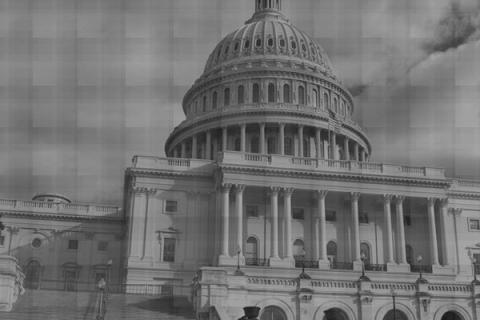Two pieces of legislation designed to strengthen thestate's governmental sunshine laws were recently approved by the stateSenate Judiciary Committee and will now go to the full Senate forconsideration.
State Sen. Leland Yee authored both SB 786 and SB 218,which if ultimately signed into law, would patch an important loopholein so-called "anti-SLAPP" (strategic lawsuits against publicparticipation) lawsuits and broaden the California Public Records Act,respectively.
Lee said SB 786 would prohibit government entities fromrecovering attorney's fees and costs from individuals who sue toenforce the California Public Records Act, Bagley-Keene Open MeetingsAct, and the Ralph M. Brown Act.
SB 786 corrects an abuse of the anti-SLAPP law bygovernment bodies," Yee said in a recent released statement. "Theanti-SLAPP law was designed to protect freedom of speech and petition;not to chill an individual's right to participation and ability toaccess public documents. SB 786 will not only protect the right ofindividuals to enforce open government laws without fear of asignificant financial burden, but will also ensure that governmententities act with greater transparency.
Yee explained that In 1992, the California Legislatureenacted the original anti-SLAPP law for individuals to obtain an earlyjudicial ruling and termination of a SLAPP suit arising out of one'sexercising of speech and petition rights in connection with a publicissue. Prior to the law, big corporations and developers - in attemptto silence an individual who was exercising their free speech orpetition rights - would often masquerade false defamation cases asordinary lawsuits. Such cases resulted in severe economic hardshipsagainst innocent individuals.
Terry Francke, executive director of Californians Aware, applauded the bill.
"In 2007, we filed an action for declaratory relief-notdamages-against a school district, alleging violations of the BrownAct, the CPRA and the First Amendment," Francke wrote in a lettersupporting the bill. "We challenged the board of trustee majority'scensure of one of its members for his open session criticism of boardaction and staff performance, and the superintendent's editing of thoseremarks out of the video recording distributed for cable TV replay. Ourbelief at the time was (and still is) that the public has a right tohear even the harshest criticism by an elected member of a governmentbody as to how the body has dealt with any issue-even a personnelmatter-on which it has acted."
Francke noted that the trial court dismissed CalAware's action upon the district's anti-SLAPP motion and, as a consequence, required the nonprofit legal organization to pay $80,000 in attorney's fees and court costs.
Tom Newton, general counsel of the California Newspaper Publishers Association, said the legislation will fix a critical loophole in existing law.
"The use of the anti-SLAPP law by government agencies, though, has subverted the very speech and petition rights the law is intended to protect," Newton said in a written statement. "The threat that a Brown Act plaintiff could become saddled with the public agency's attorney fees whenever the court determines the plaintiff is unable to establish a probability of prevailing on the claim has created a profound chilling impact on the willingness of citizens to pursue their rights under the law."
Yee, (D-San Francisco), was also able to get the JudiciaryCommittee to approve SB 218, which would strengthen the CaliforniaPublic Records Act by including any auxiliary organizations receiving public funds or perform government functions on state college campuses.
"Taxpayers and students deserve to know how their publicuniversities are run," Yee said in a statement. "SB 218 will ensurethat our higher education systems operate in the light of day and areheld accountable."
Both SB 786 and SB 218 are slated to be taken up by the full Senate later this year.
Follow Jeff Mitchell's political journalism at BAPolitix.org
